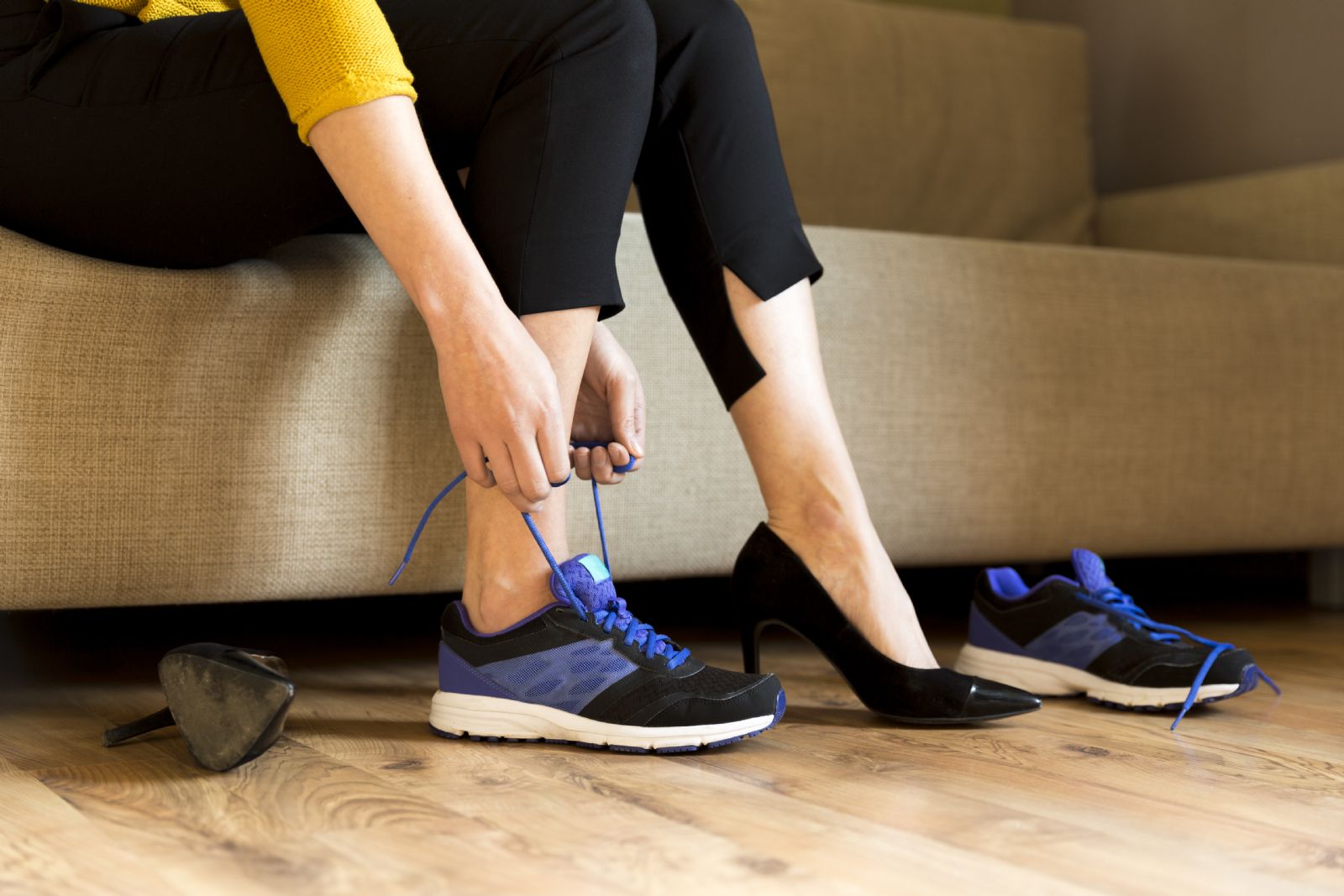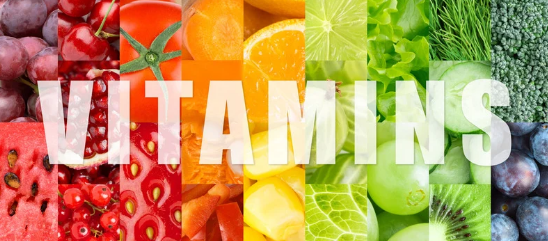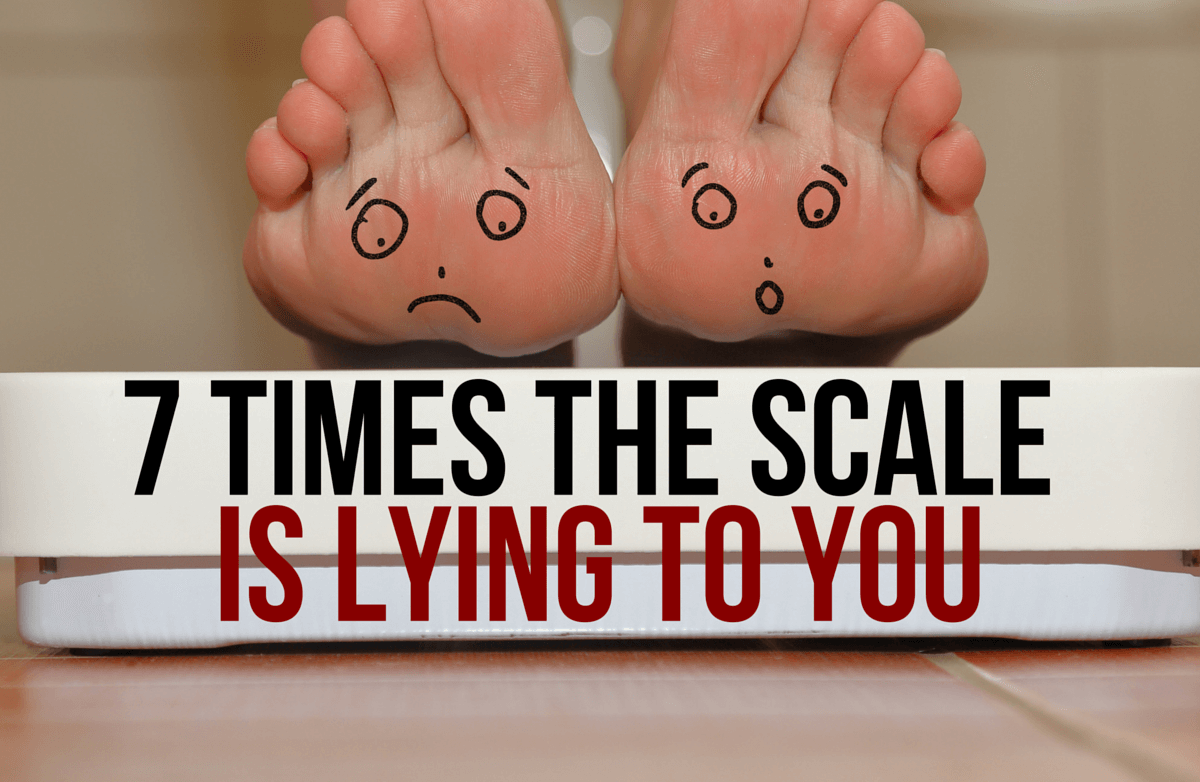When most people think of eating disorders, anorexia or bulimia usually spring to mind. However, there is a less obvious food-related condition that can be just as dangerous.
The term "orthorexia nervosa" was first coined in 1997, when Dr. Steven Bratman defined it as a "fixation on righteous eating." While it's great to strive for eating balanced, wholesome meals, someone with orthorexia becomes so focused on nutrition that it can become all-consuming and can ultimately jeopardize his or her health. Sufferers may eventually become extremely thin, malnourished or even at risk of starvation.
Although orthorexia hasn't yet been added to the Diagnostic and Statistical Manual of Mental Disorders as an official diagnosis, many nutritionists and medical professionals have reported a growing number of patients experiencing its negative effects.
Why the Increase in Orthorexia?
Dina Zeckhausen, PhD, founder of The Eating Disorders Information Network, believes the trend toward healthy eating is culturally driven. "More food companies are touting the health benefits of juice fasts and cleanses, and people are looking for a quick fix to their weight problems," she says. "Social media adds fuel to the fire, with people bonding around pictures of their food and linking up with others online who share their obsessions. This all helps to normalize the disorder. Plus, we praise people who exhibit tremendous control around food, so there is lots of reinforcement for extreme behaviors."
Becky Hand, Registered Dietitian Nutritionist (RDN) with SparkPeople, understands how the obsession to eat healthy can easily spiral out of control. "Consumers are bombarded daily by food messages from all sources of media—(the) Internet, television, radio, magazines, books, blogs, posts and tweets," she says. "Food is labeled as good or bad, healthy or dangerous. Forbidden food lists are designed and trophy foods are highlighted."
How do you know if you or someone you care about suffers from orthorexia? The first step is recognizing the signs. When working with her personal clients, Hand listens carefully for early signs of obsessive eating behavior. "When providing nutrition coaching, it's important to pay close attention," she says. "I want to assist in restoring a sense of balance to one's eating plan, and help the client build a healthy relationship with all foods."
Below are some signs that the line between healthy and dangerous has become blurred:
Sign #1: Excluding a large number of foods
In an effort to eat an entirely "pure" diet, people with orthorexia are likely to exclude certain foods—or even entire food groups—from their plates. For example, someone may choose to eliminate all sugars, fats, animal products, carbs or preservatives, or to only eat raw, vegan or organic dishes. These food limitations can lead to malnourishment.
Sign #2: Spending a large portion of the day thinking about food
This can include researching and planning meals, shopping for ingredients, cooking and talking about food (in person or online). If these activities consume three or more hours of the day, it's a sign of being overly absorbed with food.
"Sometimes the wake-up call comes when they find themselves standing in a grocery store aisle for 30 minutes trying to decide between two kinds of quinoa," Zeckhausen says. "It can be paralyzing and debilitating."
Sign #3: Getting more pleasure from the health and purity of food than from the taste
People with orthorexia tend to prepare foods not because they enjoy eating them, but because they appreciate the idea of eating them.
Sign #4: Gradually adding more diet restrictions
Orthorexics may start with mild restrictions and then gradually increase them. For instance, a plan to decrease fat intake could eventually lead to a complete elimination of fats, which can be dangerous.
Sign #5: An interference with career or social activities
To maintain total control over what they consume, those suffering from this disorder may avoid eating at restaurants, parties or friends' houses, or may bring their own foods to social events. This obsession with extremely healthy eating can negatively impact relationships, friendships, careers and all aspects of life.
Hand has seen this topic discussed on Spark's message boards. "One member said they no longer spent time with family or friends for fear of eating the 'unhealthy forbidden foods,’" she says.
Sign #6: Getting a self-esteem boost for sticking to a strict diet
A defining feature of orthorexia is extreme rigidity. Everyone slips up or splurges now and then—but for orthorexics, any deviation from their diet causes guilt and distress. They rely on their strict meal plans as a source of comfort.
Sign #7: Extending strict eating habits to children and/or other family members
Hand points out that in many cases, children are exposed to their orthorexic parent's food rules, start to mimic the behavior and then get caught up in the obsession to eat purely healthy foods and avoid the "taboo" foods.
Finding the Healthy Balance Between Moderation & Deprivation
Although it's good to be conscious and concerned about what goes on our plates, Zeckhausen points out that mental health is just as crucial as physical health. "Like other eating disorders, those suffering from orthorexia are often channeling anxiety or masking depression with food—whether they're thinking about it, eating it, restricting it or burning it off," she says.
If you or a loved one is experiencing symptoms of orthorexia, consider contacting a registered dietician or eating disorders specialist for an assessment. A psychotherapist may also help to address any underlying issues that triggered the condition.
To find help in your area, visit www.nationaleatingdisorders.org.













